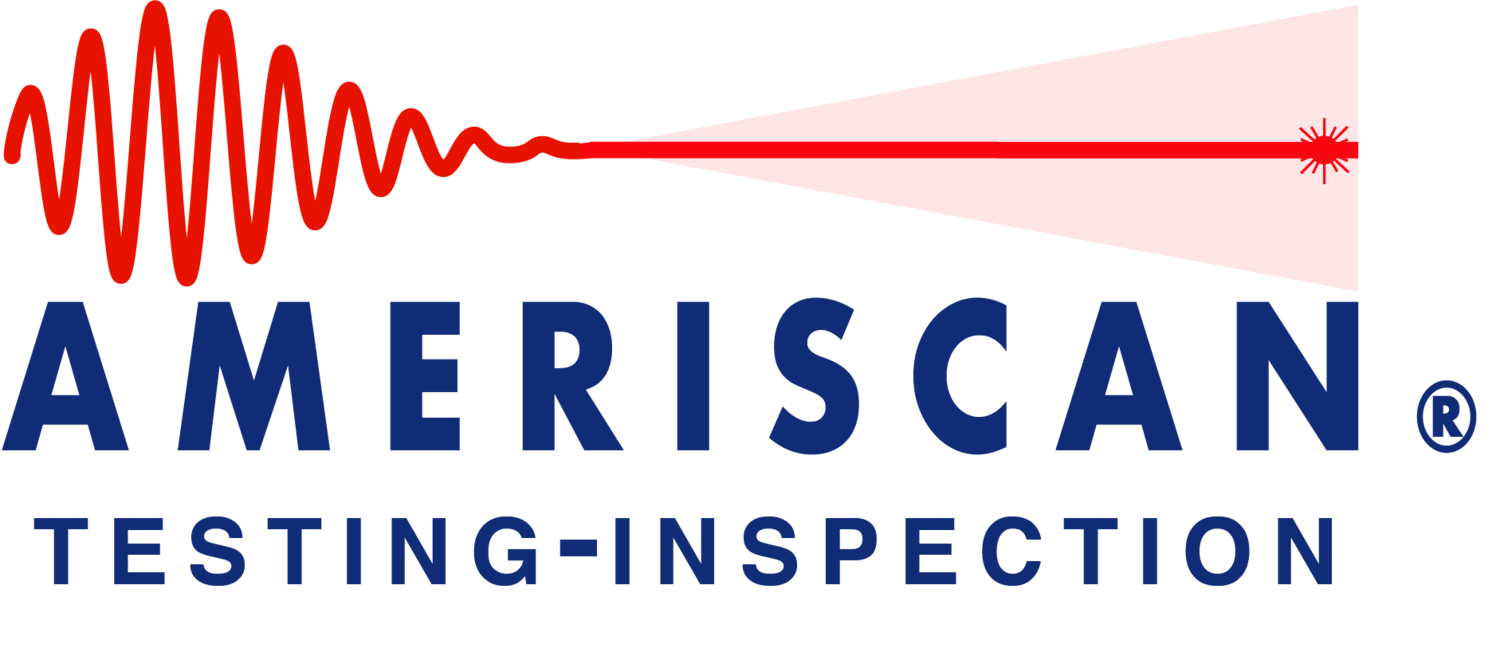Services & Practices
Coke Drum Laser Scanning Services
Laser scan of a coke drum
Bulging is a common damage type in coke drums that can lead to cracks, leaks, and fires. It is also one of the primary causes of premature drum replacement. In the 2013 API survey of coke drum operators, 98% of respondents reported using laser scanning, effectively becoming the starting point of most coke drum mechanical integrity management programs.
What is the Coke Drum Laser Scanning Process?
Most laser scanners used for coke drum laser scanning utilize dated technologies, making them:
Bulky, which requires several operators and extensive shipping efforts;
Susceptible to vibration-induced noise, which requires the use of filters that often leads to inaccurate bulging assessments; and
Unreasonably slow to acquire needed data. In addition, laser scanning typically cannot be combined with acoustic emission testing or strain gage monitoring.
Ameriscan uses the most advanced laser scanners to provide an accurate dimensional profile of new and in-service coke drums without the need for error-producing vibration filters. By using modern high-definition capabilities, detailed images and millions of data points are collected by portable equipment in less than an hour between coking cycles.
Inspection findings help reveal critical details, including bulging dimensions and cladding failures that can be used to assess mechanical integrity and prioritize and guide repair efforts. In addition to avoiding unplanned shutdowns and costly failures, when multiple scans are taken over several years, historical trends can be used to conduct engineering assessments and make timely decisions about drum life extension or replacement.
Advantages of Coke Drum Laser Scanning Service
Advanced scanners with built-in vibration compensation provide accurate measurements
without the need for error-producing filters or data smoothing methodsHigh-speed scanners complete scanning and basic imaging in less than an hour
The small portable scanners are operated by a single operator
Optional high-definition photo surveys of failure-prone areas
Optional on-line acoustic emission testing performed by ASNT certified engineers
Remote Visual Inspection
Remote video inspection (RVI) is a remote video survey of the inside of the coke drum walls. RVI is necessary to show visual deformities on the coke drum walls such as cladding defects and cracking.
Ameriscan only uses leading inspection cameras that conform to ASME Section V, Article 9 – Visual Examination. The powerful, industrial-grade camera is equipped with 30x optical zoom to provide sharp, clear images even at long distances. The video quality is full HD-resolution, and the LED illumination ensures effective illumination of far-off targets in dark areas.
The RVI results in a digital video that is recorded on a USB. The video includes information regarding the vertical elevation and the azimuth location during recording.
Remote Visual Inspection HD resolution photo of internal cladding damage


